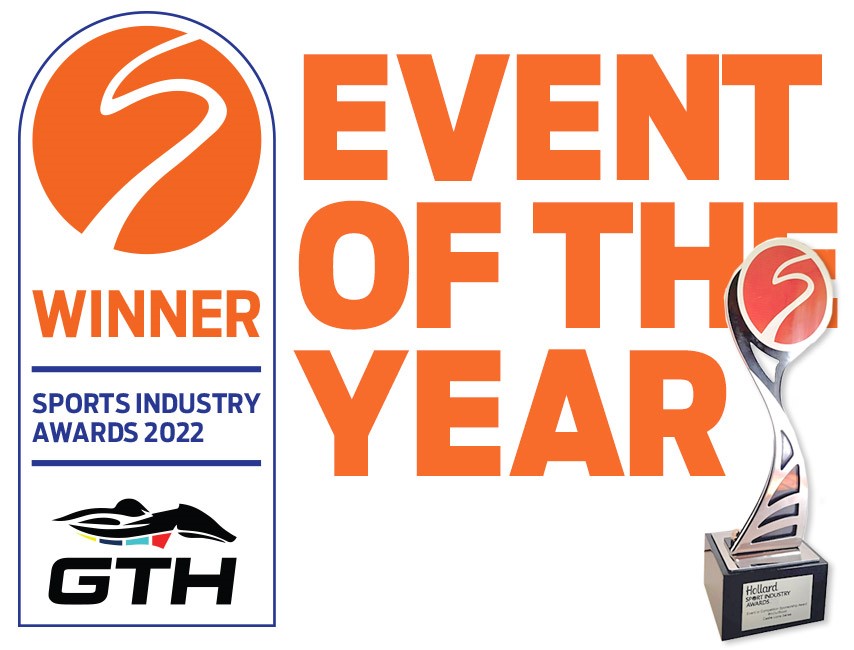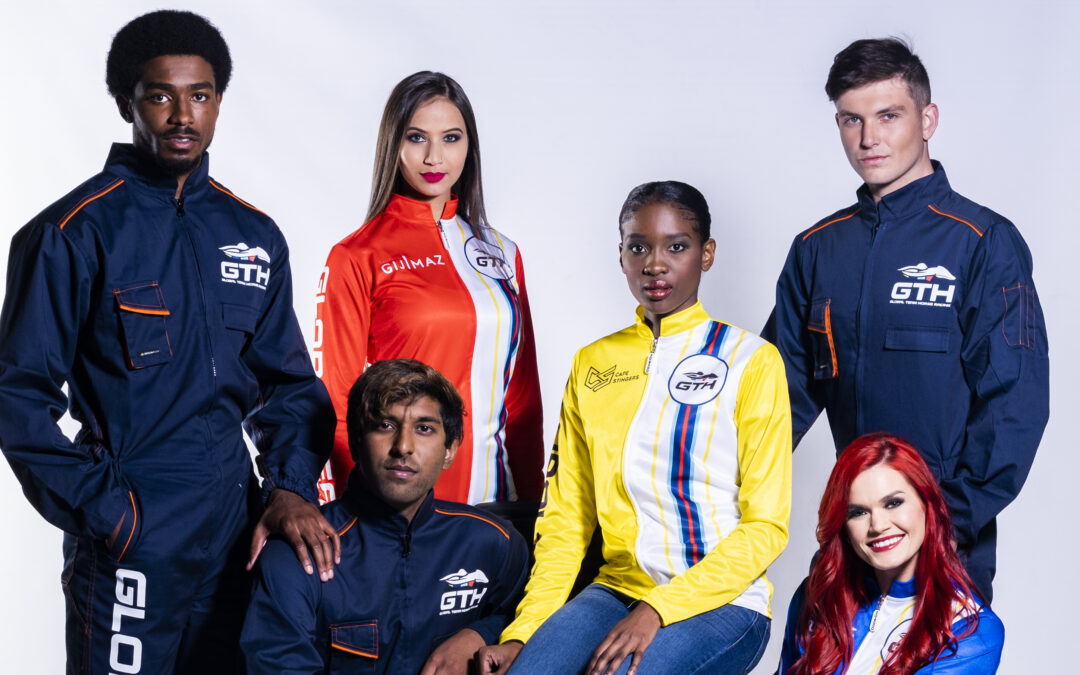There is no known ‘Grey List’ for sports, sporting disciplines or, for that matter, sporting events. But if there were, horse racing would probably be on it. Not in terms of having to be monitored for financial misdemeanours or shady deals, but for potentially becoming less visible, or getting stuck in a state of depression, as musically represented in the New Wave band Visage’s 1981 chart-topper, ‘Fade To Grey’.
The State President has told South Africans that our recent ‘greylisting’ by the Financial Action Task Force (FAT) is not near as depressing or problematic as it appears to be. Like, no worries… we’ll be okay, brethren.
But there comes a time when words alone can no longer alleviate the throbbing discomfort of knowing that all is not well; or prevent the dire, looming prospects of financial collapse from taking a grip on the throat.
Our racing industry recently side-stepped disaster with the intervention of a few ultra-wealthy individuals, admirably all true lovers of the sport. We sighed collectively in relief.
However, we need a constant flow of new customers to stay afloat. To survive, like all other businesses, we need fundamental innovations. And not without haste. Ours is perhaps not the absolutely unique industry we seem to believe it to be.
Hong Kong’s Winfried Engelbrecht-Bresges, the most respected racing administrator in the world, identified nine major barriers to the growth of racing at the recent Asian Racing Conference in Melbourne. An ‘ageing customer base’ and ‘engaging Generations Y and Z’, were among them.
We’ve seen several laudable efforts, especially in the Western Cape, to ‘make racing great again’. Several professionally staged events have drawn bigger crowds and exciting vibes were created.
We don’t know, however, how many of the young people who came racing for the first time will return because they enjoyed the racing more than the salmon bites and champagne. Are we hooking young people to come racing, for life? How long can the elder statesmen- and women keep the sport’s supporter base sound enough to keep going?
Celebrity Chef Anthony Bourdain, in one of his last TV documentaries in May 2017, spent a day at Aqueduct Racecourse in New York and remarked: “I love this place. The ponies, the beers, the looming sense of despair and melancholy. The glory days of horse racing are long gone. All that’s left is a few die-hards with some bucks and a dream…”
Bourdain’s sombre tones seemed to make more sense overall when he was found hanging from a rope in his chambre at a small French hotel a year later – a man overcome by the same poignant emotions experienced on his last visit to a racetrack.
Global Team Horse Racing (GTH) has an award-winning product. A racing product that broke through into the mainstream by winning Event of the Year at the Hollard Sports Awards last year, beating the Rugby World Cup Sevens Final in Cape Town in the process. When was the last time a racing event was even nominated for something like that?
GTH aims to give racing the turbo-boost it needs to attract generations Z (Zoomers) and X (Those between baby-boomers and millennials).
Our sport needs a breakthrough of proportions. At the very least, a window opened to new horizons. We risk a depressing alternative: fading into grey obscurity. Our failure to explore original, imaginative promotional avenues and revenue streams will be suicidal.


